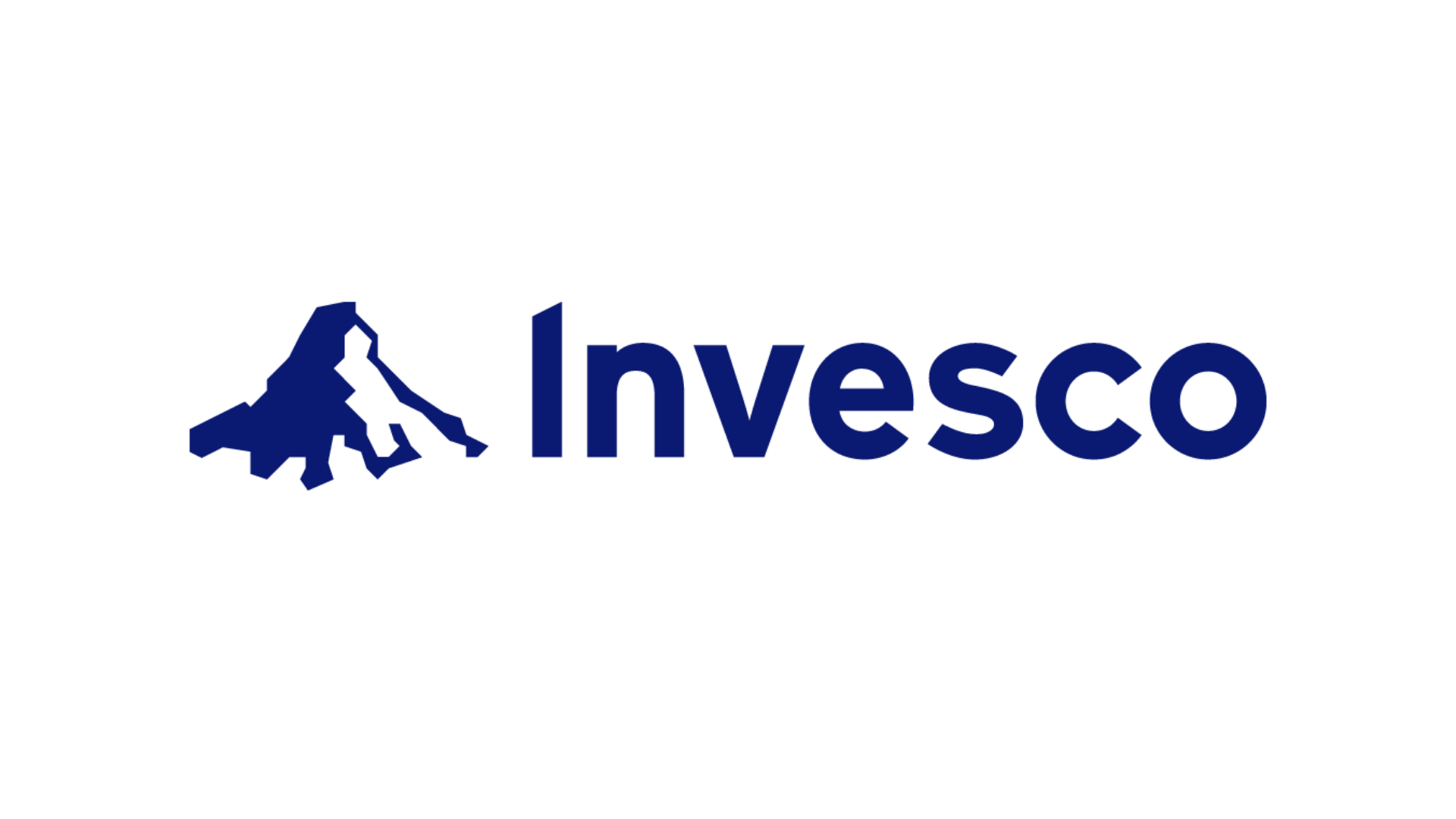Tired of Growth Stocks? Here Are the Five Best Large-Cap Value ETFs
Investors are shifting from growth stocks to value stocks. With this shift, many of them are looking at large-cap value ETFs for diversification.
May 21 2021, Published 12:02 p.m. ET

Value stocks are making a comeback. Before the COVID-19 pandemic and throughout most of 2020, growth stocks had been the investment darling. However, towards the end of 2020, optimism towards vaccine progress and ongoing stimulus measures kickstarting the economy crept into Wall Street. As a result, investors started shifting investments out of growth stocks and into value. This has helped lift many of the market's best value ETFs. Analysts predict an ongoing repositioning towards large-cap value ETFs.

Here are the five best large-cap value ETFs in terms of returns and costs.
iShares Core S&P US Value ETF (IUSU)
The iShares Core S&P US Value ETF aims to track the results of the S&P 900 Value Index, which measures the large-cap and mid-cap value sectors of the U.S. equity market. IUSU usually invests no less than 90 percent of its assets in securities in the S&P 900.
IUSU has $9.94 billion in total assets and carries a very cost-effective 0.04 percent expense ratio. IUSU has returned 46.99 percent in the past 12 months.
Vanguard Value ETF (VTV)
One of the largest large-cap value ETFs is also one of the most cost-effective. The Vanguard Value ETF holds $80.1 billion in assets and charges a mere 0.03 percent expense ratio.

VTV tracks the performance of the CRSP US Large-Cap Value Index, which measures the investment returns of large-cap value stocks. VTV’s equity holdings include Berkshire Hathaway, JPMorgan Chase, Johnson & Johnson, UnitedHealth Group, and Procter & Gamble. The ETF has returned investors 47.20 percent on their investments over the past year.
Fidelity Value Factor ETF (FVAL)
The Fidelity Value Factor ETF tracks the institution’s own Fidelity U.S. Value Factor Index. The index is programmed to mirror the performance of large and mid-cap U.S. stocks with favorable valuations. FVAL usually invests at least 80 percent of its assets in stocks included in the index.
A smaller fund, with just $382.1 million assets under management, FVAL charges a higher expense ratio at 0.29 percent. However, it has earned an impressive 51.20 percent for investors in the past 12 months.
Invesco S&P 500 Enhanced Value ETF (SPVU)
One of the most popular indexes, the S&P 500, is a familiar face for many investors. The Invesco S&P 500 Enhanced Value ETF allows investors to invest in value stocks that mirror an index they’re comfortable with.

SPVU has outperformed the other ETFs on the list with a fantastic 12-month return of 67.89 percent. The ETF’s performance more than makes up its 0.13 percent expense ratio.
Vanguard Mega Cap Value ETF (MGV)
The Vanguard Mega Cap Value ETF utilizes an approach designed to track the CRSP US Mega Cap Value Index. The index is a float-adjusted, market-cap-weighted index designed to measure equity market performance of mega-cap value stocks in the U.S. The Mega Cap Value ETF invests nearly all of its assets in the securities that make up the index and holds each stock in about the same proportion as its weight in the index.
MGV holds $4.4 billion in assets in the largest companies in the U.S. It charges a minuscule 0.07 percent expense ratio. MGV rewarded investors with a 44.13 percent return over the past year.
